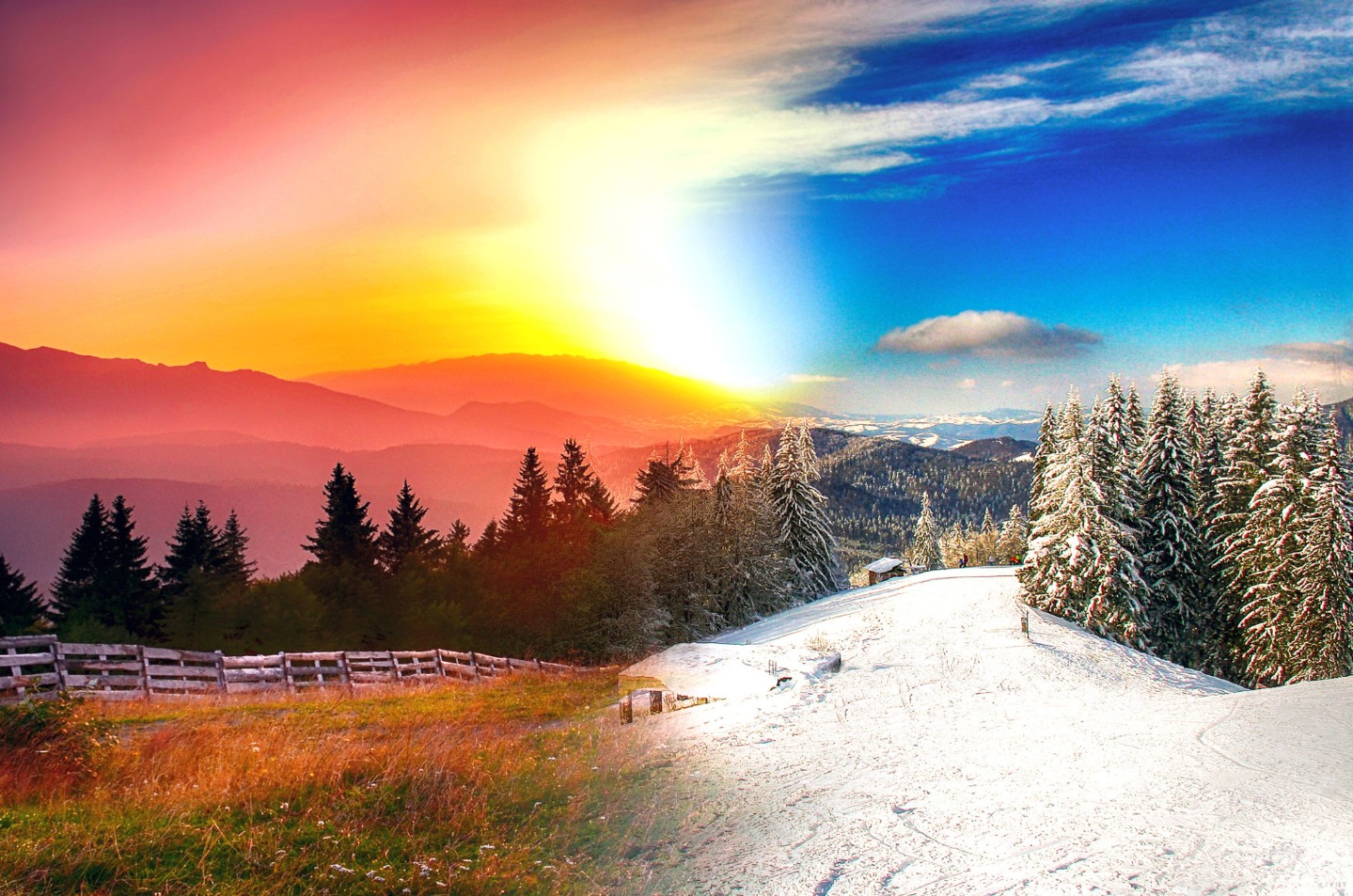So far this winter is much better than last year. I believe at this time last year we had snow on the ground and little sun in the sky. If I recall we went about 5 weeks with mostly cloudy skies and dreary attitudes. I noticed a startling trend during that period, mostly an increase of clinical depression or an exacerbation (worsening) of someone already being treated for depression. It was like I was running a special on treatment for Season Affective Disorder.
Seasonal Affective Disorder (SAD) is a type of depression that occurs with the changes of the seasons, the most common being winter-onset. SAD is thought to be associated with the changes in the amount of sunlight that we are exposed to at different times of the year.
How about statistics? We should at least mention the stats, after all some grad student somewhere worked really hard to help me sound smarter.
- Affects 2-6 % of the population
- 10-20% suffer from a milder form yearly
- More common in women than men
- Rare in those younger than 20
- Rates in adults decreases with age (at least something to look forward to as we get older)
Symptoms of SAD are very similar to that of clinical depression. These include depressed mood, loss of interest in social activities, sleep issues, appetite and weight changes, fatigue, irritability, and anxiety. One interesting side bar, increased sex drive is often seen with summer onset SAD.
Treatment for SAD, given that its cause is lack of sunlight, involves light therapy. These are special UV light boxes that can be prescribed. You just can’t sit and stare into any household lamp, and tanning can lead to dangerous skin conditions (blog to come later on that). Lamps can be purchased or rented and treatment lasts for about ½ hour. Often I use antidepressants in combination with light therapy. Also, I tend not to try to wean someone taking antidepressants during the winter months. Likely they pose a risk of having a relapse of their depression symptoms.
So wake up early, open those curtains and let the sun shine in. It will warm the house and the mind. Plus chances are that if the sun is out, the snow is not falling. Then again, this is Nebraska. If you can predict the weather, buy a lottery ticket, because the only thing to do in Nebraska when it snows is shovel.




